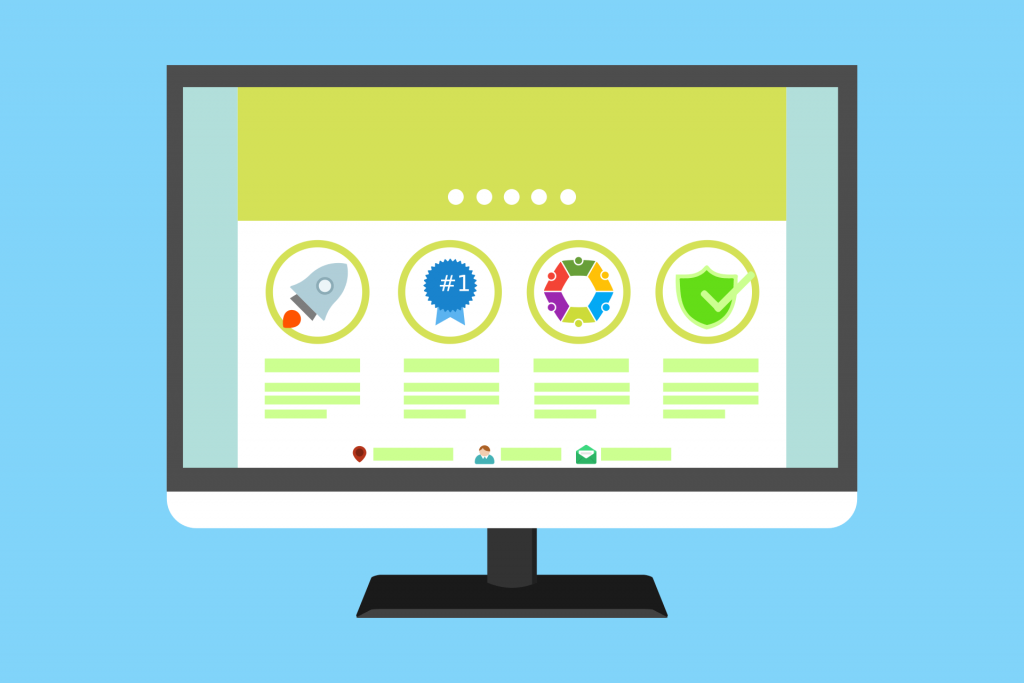In an era where digital footprints are analogous to market visibility, the synergy between social media and blogs has become the bedrock of successful marketing campaigns. The digital sphere, a boundless agora, is where consumers and brands converge, interact, and transact. The linchpins of this digital dialogue are undoubtedly social media platforms and blogs. Together, they weave a network that not only facilitates but propels marketing endeavors to a broader audience.
- Building a Community:
- Social media channels are potent tools for community building. They allow brands to foster a loyal customer base, engage in real-time interactions, and glean invaluable insights into consumer behavior.
- Blogs, on the other hand, help in developing an authoritative voice in the industry. They are platforms where brands can share in-depth insights, experiences, and knowledge, nurturing a well-informed community.
2. Enhanced SEO Performance:
- Search Engine Optimization (SEO) is a critical aspect of online visibility. Blogs, laden with relevant keywords and fresh content, significantly contribute to improving a website’s SEO.
- Social media, although indirectly, plays a part in SEO performance by driving traffic to the website through shared blog content and other links.
3. Content Sharing and Promotion:
- Content is the lifeblood of digital marketing. Blogs provide a canvas for brands to articulate their narratives, while social media channels act as conduits that disseminate this content far and wide.
4. Cost-effective Advertising:
- The cost-effectiveness of social media advertising is a boon for small and medium enterprises. It offers a platform for targeted advertising, ensuring a better ROI.
- Blogs too, are a cost-effective means of maintaining an online presence and advertising. Through guest posting and sponsored content, brands can reach new audiences without a hefty budget.
5. Feedback Loop:
- Social media provides an unfiltered feedback loop, giving brands access to direct consumer feedback, be it praise or criticism.
- Blogs too offer a platform for consumer feedback through comments, albeit in a more controlled environment.
6. Analytics and Insights:
- The analytical tools provided by social media platforms and blogging websites furnish a treasure trove of data. Analyzing this data helps in understanding consumer preferences, improving strategies, and measuring the effectiveness of marketing campaigns.
7. Influencer Collaborations:
- Influencer marketing has burgeoned, thanks to social media. Collaborating with influencers who resonate with the brand’s ethos can extend its reach exponentially.
- Blogs too, serve as a platform for influencer collaborations, where influencers can contribute guest posts or be featured in interviews.
8. Crisis Management:
- In times of crisis, social media and blogs are instrumental in controlling the narrative. They provide platforms where companies can address issues, apologize, or provide information transparently.
9. Humanizing the Brand:
- Social media and blogs provide a window into the brand’s ethos. Through these platforms, brands can showcase their values, culture, and the people behind the scenes, which in turn fosters a deeper connection with the audience.
10. Long-term Relationship Building:
- The interactive nature of social media and blogs cultivates long-term relationships with customers. They provide platforms where brands can engage with their audience, not just as consumers, but as a community with shared values and interests.
The symbiotic relationship between social media and blogs is a cornerstone of modern marketing. They are not mere channels of communication but are catalysts that amplify a brand’s message, foster a loyal community, and drive growth in the competitive digital marketplace. Through adept utilization of these platforms, businesses can navigate the complex tapestry of digital marketing, ensuring sustained success in the long run.
